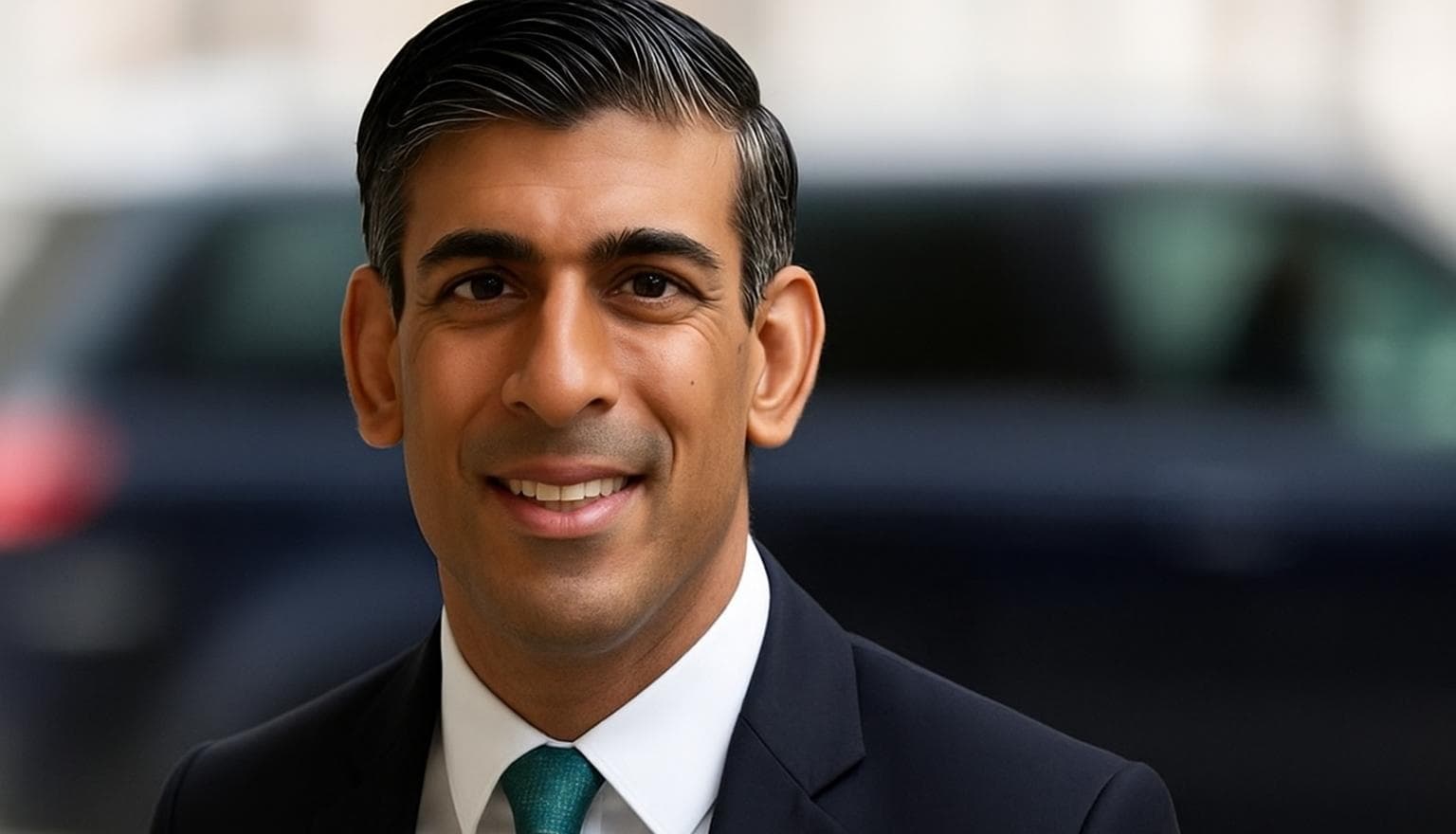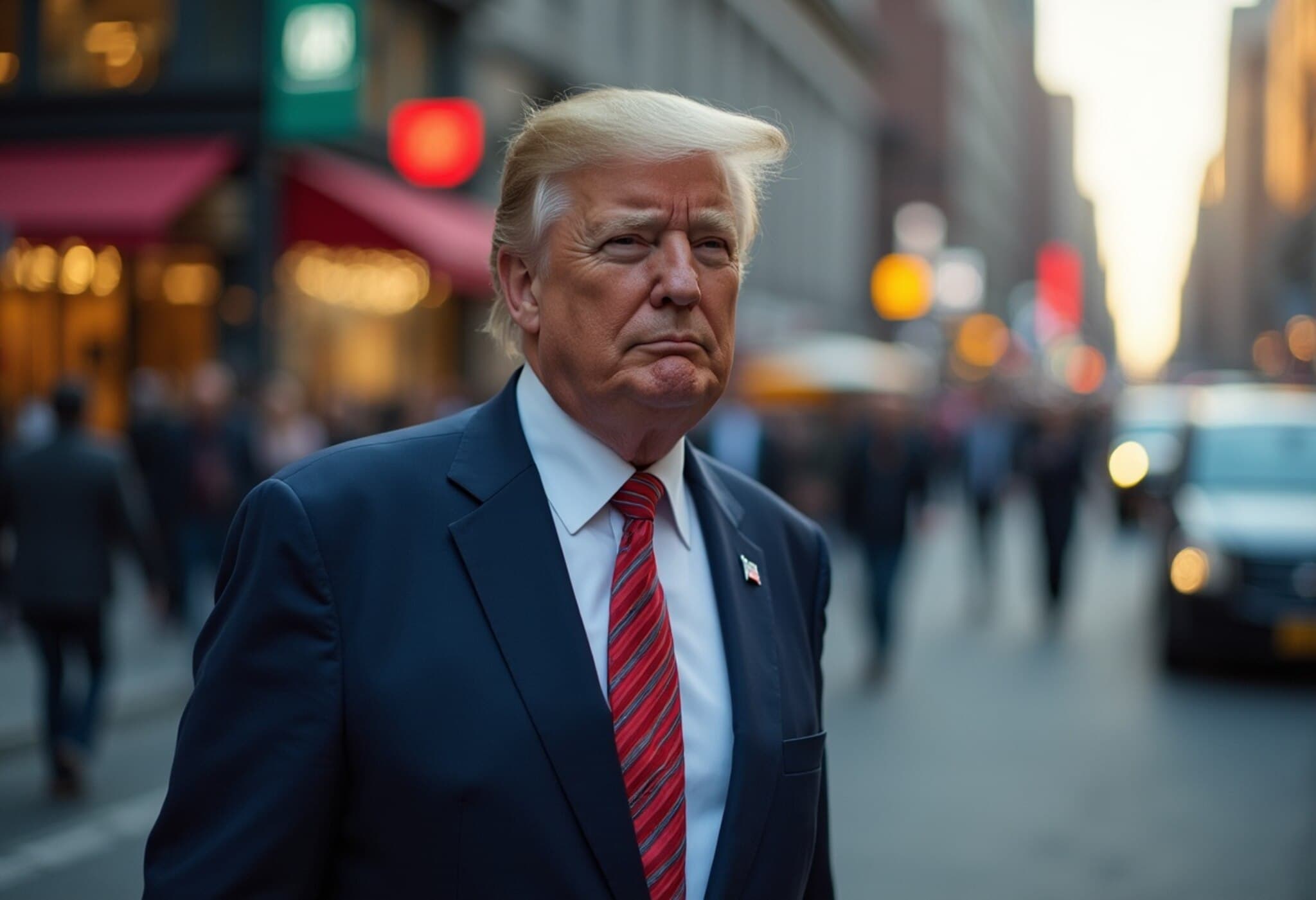Robinhood’s Meteoric Rise Amid a Complex Regulatory Landscape
Robinhood's stock has dazzled investors in 2025, soaring over 160% and briefly surpassing an intraday high of $101. This remarkable rally places Robinhood alongside other top fintech and crypto players thriving in volatile markets. Yet behind the headline numbers lurks a series of formidable challenges that could reshape the company’s future trajectory.
Regulatory Scrutiny Intensifies on Multiple Fronts
Florida Attorney General Opens Formal Crypto Probe
The Florida Attorney General, James Uthmeier, initiated an investigation into Robinhood Crypto, accusing the platform of misleading consumers on costs and pricing transparency. Central to the probe is Robinhood’s use of payment for order flow (PFOF), a controversial practice where market makers compensate brokers like Robinhood to execute trades. While common industrywide, critics argue PFOF can lead to suboptimal execution prices for users.
In response, Robinhood’s General Counsel Lucas Moskowitz defended the company’s disclosures as "best-in-class," emphasizing that users receive clear visibility into fees and spreads during every trade. Nevertheless, the probe highlights growing concerns over fintech business models operating in less regulated corners of the market.
U.S. and European Pushback on Crypto Staking Fees
Another contentious issue revolves around Robinhood’s decision to take a 25% cut from users’ staking rewards starting October 1 in the U.S., with a lighter 15% fee in Europe. Staking allows users to earn passive income by locking crypto tokens to secure blockchain networks such as Ethereum. While platforms routinely collect commissions on these rewards, Robinhood’s fee notably aligns with or exceeds competitors like Coinbase.
This move marks a pivot for Robinhood, which has historically refrained from staking amid regulatory ambiguity. Under the previous administration, U.S. regulators aggressively pursued staking-related enforcement actions, labeling them as potential unregistered securities offerings. The Biden administration, however, has signaled a softer approach by dropping high-profile cases and encouraging clearer regulatory frameworks.
The Controversy Over Synthetic Stock Tokens in Europe
Robinhood’s European expansion hinges partly on offering blockchain-based synthetic stock tokens that provide exposure to private firms such as OpenAI and SpaceX. These tokens are issued through Special Purpose Vehicles (SPVs) and grant no direct shareholder rights or voting privileges. While innovative, this model has drawn sharp rebuke from OpenAI, which publicly condemned the tokens as unauthorized and misleading.
Robinhood CEO Vlad Tenev defends the initiative by emphasizing the opportunity it creates for retail investors to access pre-IPO ventures traditionally reserved for institutional investors. Tenev notes, "It is true that these are not technically equity," but stresses the broader value of opening such asset classes to everyday users.
The EU’s financial safety watchdog is now reviewing Robinhood’s approach, demanding clarity and ensuring the products comply with regulations demanding transparent, fair, and non-misleading information. Robinhood has expressed readiness to engage with regulators and designed its programs with compliance scrutiny in mind.
Expert Perspective: Navigating Innovation and Compliance
Financial technology expert Dr. Amelia Hawthorne observes, "Robinhood operates at the dynamic intersection of finance and technology, a space where innovation often outpaces regulation. The company's challenges underscore a broader dilemma — how to democratize access to sophisticated assets without compromising investor protections." She adds, "Regulators globally are recalibrating strategies that balance encouraging innovation and ensuring market integrity. Robinhood’s journey is emblematic of this transitional phase."
Industry Context: Impact of JPMorgan’s Data Access Fees
Adding complexity, JPMorgan Chase announced plans to charge fintech players for access to customer bank data. Since many fintech firms rely heavily on thin margins and free user offerings, increased operational costs could ripple broadly. Following this news, Robinhood and other crypto-oriented stocks dropped nearly 6%. This development highlights the fragile economic ecosystem fintechs inhabit where minor cost shifts can have outsized consequences.
Political Winds and Future Growth Prospects
Despite obstacles, Robinhood positions itself to capitalize on favorable political shifts. Notably, the company is developing an app prototype for the Trump administration’s $1,000 government-seeded investment accounts initiative targeting U.S. youth savings. Such initiatives could expand Robinhood’s user base and entrench its platform in national financial policy programs.
Conclusion: Navigating the Road Ahead
Robinhood’s extraordinary performance in 2025 is a testament to its disruptive influence in retail investing. Yet regulatory probes, fee controversies, and challenges in pioneering synthetic asset classes represent significant tests. How Robinhood balances innovation with consumer protection amidst evolving legal frameworks will determine whether it solidifies its role as a fintech pioneer or becomes emblematic of growing pains in a fast-moving industry.
Editor’s Note
Robinhood stands at a critical crossroads, embodying the tension between financial innovation and regulatory oversight. Its battles over crypto staking fees, synthetic stock tokens, and order flow practices reveal the high stakes involved in democratizing investment access. Readers should watch for how regulators adapt to emerging fintech models and what this means for investor protections and market fairness in the years ahead.



















